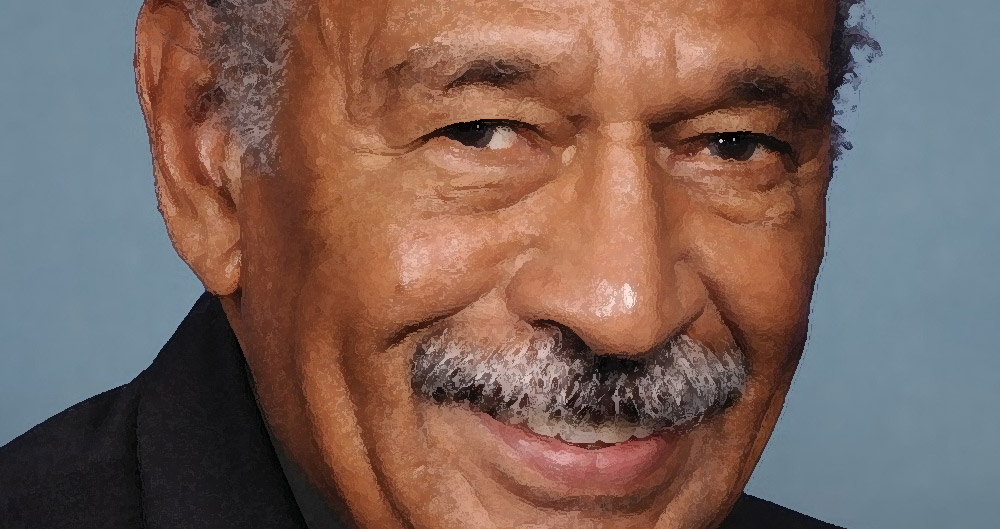Government is supposed to serve everybody … according to good, old-fashioned republican theory. But most governments serve some more than others. We can define as “corruption” any attempt to make government serve a few at the expense of the many — or the many at the expense of the few.
Illinois is corrupt, and most of us can only watch it get worse. But what can we say about those who live under the Prairie State’s thumb? When citizens see an institution slipping out of control, they can remain passive or take charge. Illinois citizens have petitioned for term limits, redistricting reform and a more transparent legislature only to be blocked again and again by the state supreme court.
What more can conscientious citizens, folks I like to call “liberty initiators” do? Well, they can
- express themselves in criticism as well as offer alternatives;
- vote thoughtfully and be well informed;
- consider running for office or work for good candidates;
- donate money to reform projects.
Alas, these and other expressions of “voice” have not exactly forestalled disaster.
The last resort is to “exit,” leave — vote with your feet.
The population of Illinois has declined. Many have pulled up stakes and fled across the border to Indiana and elsewhere. In the most recent year for which we have data, Illinois lost nearly 34,000 people, more than any other state.*
Unfortunately, this population loss is only an indicator of how bad Illinois State Government is doing. It offers no solution.
Except, of course, for the people who leave.
This is Common Sense. I’m Paul Jacob.
* Idaho has experienced the biggest population increase. See Reason’s reportage.











